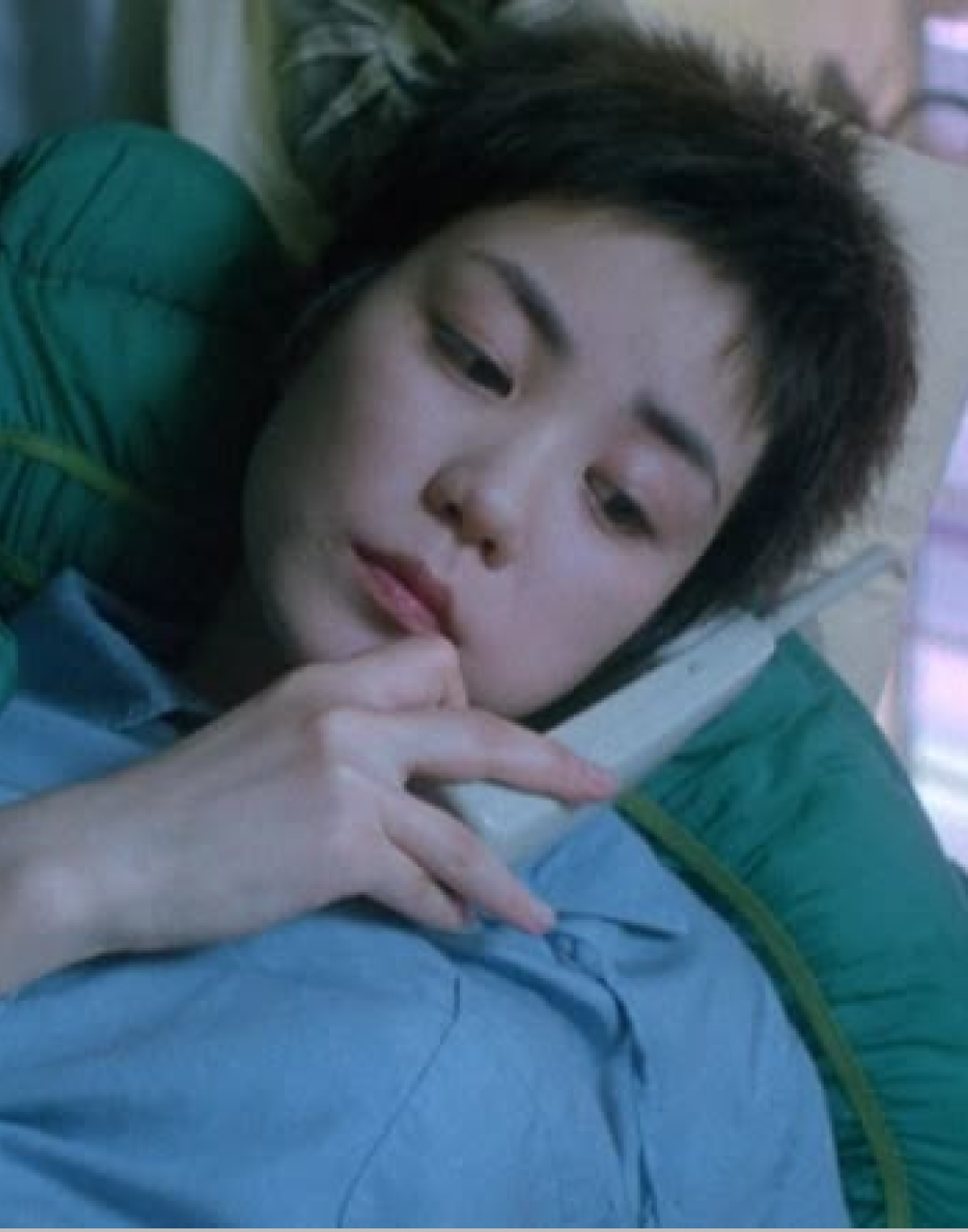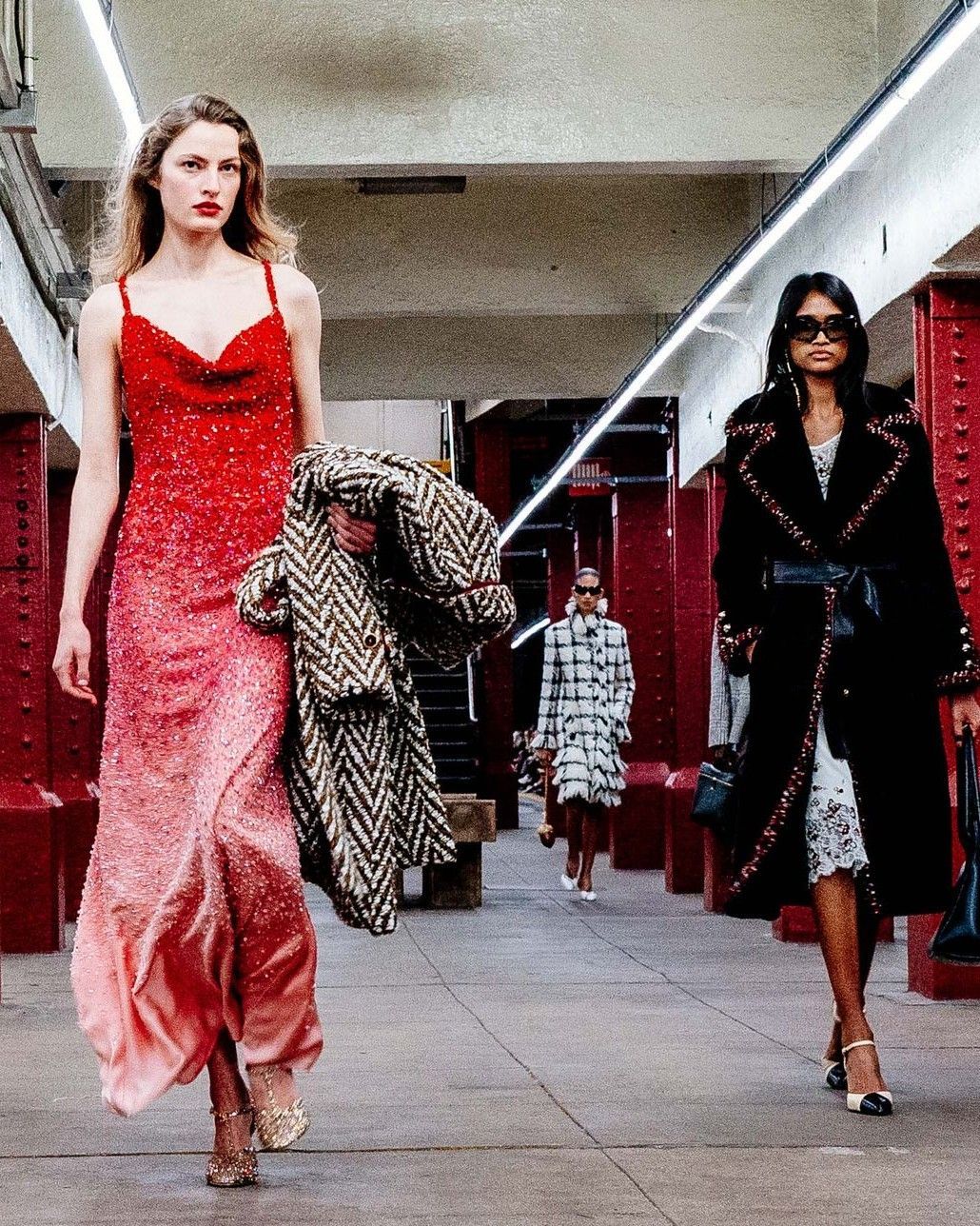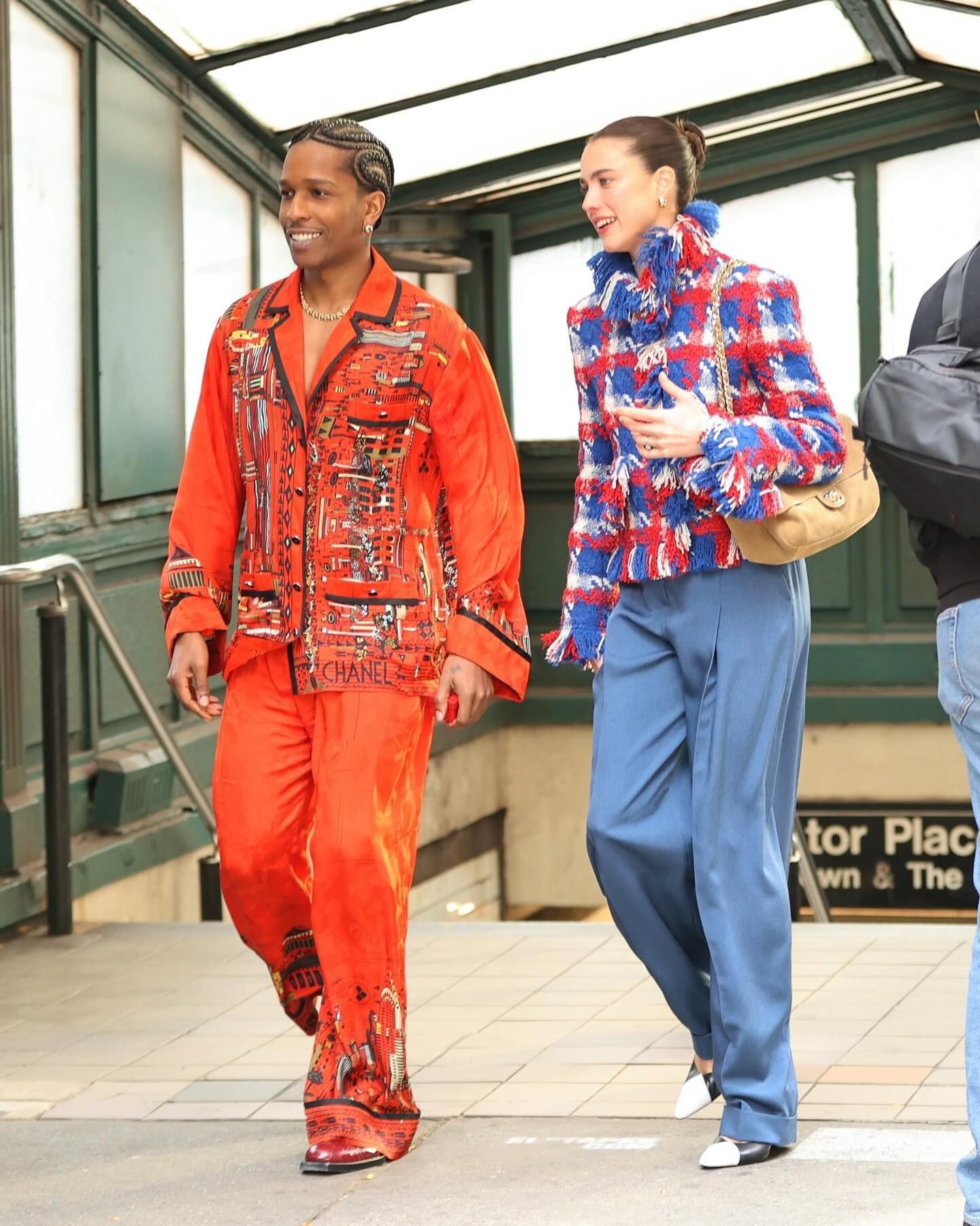
Despite the slowdown in China, Bruno Pavlovsky of Chanel remains confident The House strengthens its commitment to Hong Kong with a replica of its 24-25 cruise collection
On Wednesday, Chanel headed to Hong Kong to (re)present its 24-25 cruise collection, first revealed in Marseille last May. The aim was not merely to organize a pleasant trip, but to further develop its sales and activities in China despite the ongoing luxury crisis, while demonstrating its strong belief in the country's role as a driver of future growth. While this was officially a “simple replica” of the collection with no new additions, Bruno Pavlovsky, Chanel’s president of fashion, sees it differently: “It is a way to associate Chanel at the highest level with what is happening in Hong Kong,” he told Vogue Business. While China currently places luxury in a delicate sales position, it nonetheless shares a rich and successful past with Chanel, starting in 1979 when the French House first established itself in Hong Kong.
In 2006, Karl Lagerfeld unveiled his spring couture collection for Chanel at the Shaw Studios, Hong Kong’s largest film production studio. Nearly two decades later, the approach to fashion shows has evolved significantly. For this show’s replica, Chanel invited five Hong Kong students to attend the cruise show in Marseille, later asking them to create artworks inspired by this journey, which are now exhibited at the HKDI (Hong Kong Design Institute), symbolizing the connection between Marseille and Hong Kong, two port cities. “The focus isn’t just on the exhibition, but on the entire experience surrounding it, as well as when the collection arrives in stores,” Pavlovsky explained. The collection is now available in stores alongside the exhibition, meeting the expectations of modern clients eager to understand the link between initial inspiration, creative process, and final product. For the occasion, Chanel also produced a short film titled Modern Flirt in collaboration with French director Audrey Diwan, offering a view on modern love in Hong Kong featuring the city's native actress Angela Yuen. Notable guests at the show’s replica included brand ambassadors Penélope Cruz and K-pop star G-Dragon, alongside Hong Kong actors Chow Yun-Fat and Carina Lau. Many affluent Asian clients, dressed head-to-toe in Chanel, also occupied the front row.
According to Pavlovsky, Hong Kong ranks among the three markets where the brand has experienced great success in couture, alongside France and the United States. Currently, the brand has as many couture clients in Hong Kong as it does in the United States, highlighting the city's wealth and the sophistication of its clientele, whose discerning tastes mean that the House does not need to explain the significance or value of Chanel couture. Despite relentless efforts by major luxury houses to maintain sales in China, recent third-quarter results from leading luxury brands reveal that the slowdown in China continues. Some brands and analysts attribute the current crisis to Chinese consumer fatigue with luxury, a notion Pavlovsky disputes. “What we have been facing over the past year is a ‘normal’ crisis – neither major nor permanent; it is somewhere in between,” he stated. “I am not convinced that there is fatigue. We are seeing many CIV customers returning to our stores in Shanghai and Hangzhou. It’s more about how we continue to inspire them, offering a unique experience.” He added: “During this crisis, our preferred approach is to invest even more.” Chanel will present its 2025 Métiers d'Art collection in Hangzhou on December 3. The company is one of the few luxury brands to have increased its investments in Greater China this year. “In a global crisis context where the luxury sector is not immune, this means we must double our efforts,” Pavlovsky explained. “The year 2025 will likely remain challenging, but I am very optimistic about China’s future. I believe business will recover.”














































